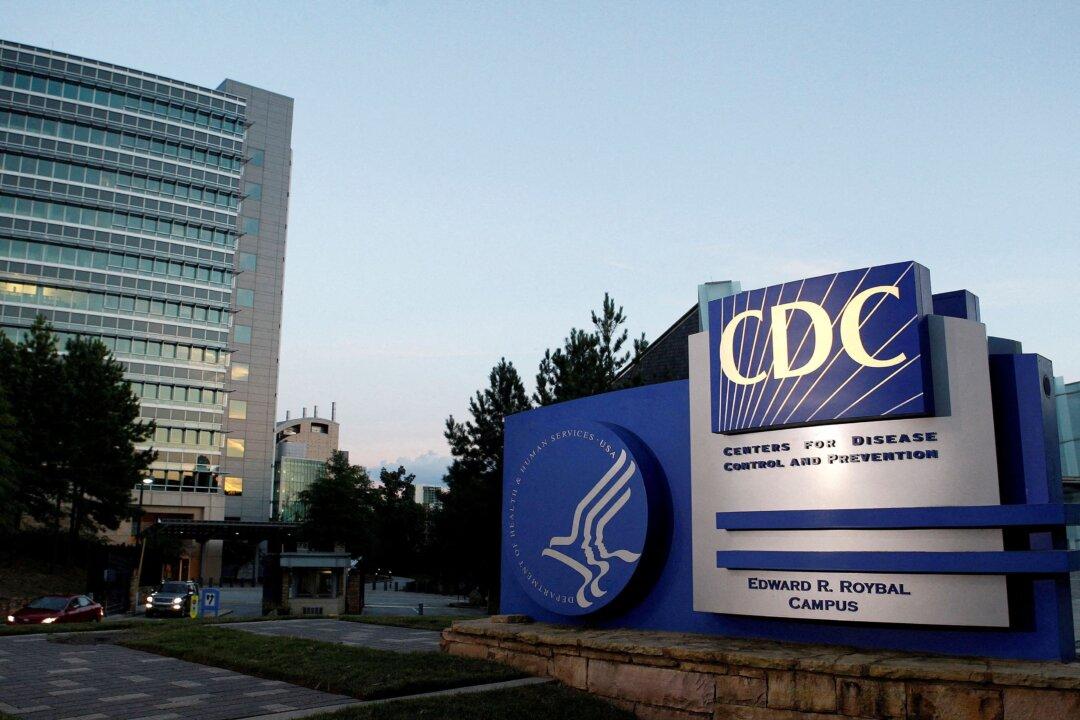The Centers for Disease Control and Prevention (CDC) on Friday published recommendations by its group of independent experts on a smallpox vaccine that limit its use to only people who work closely with viruses such as monkeypox.
The Jynneos vaccine, made by Bavarian Nordic, will be available for certain healthcare workers and laboratory personnel at a time when monkeypox infections has spread in Europe, United States, and beyond.






